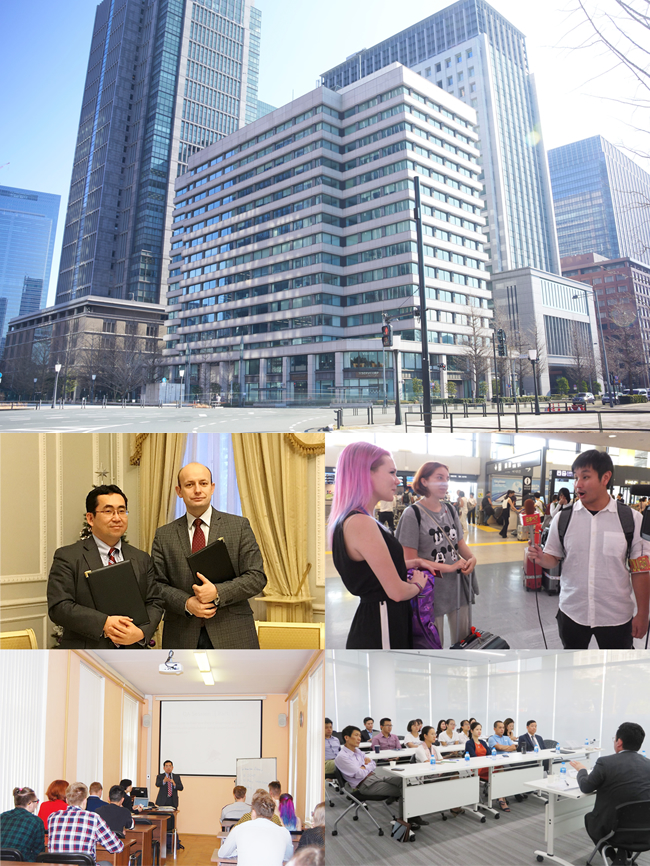□Important Notice
-
2023.03.22
-
2022.06.17
□About Us
What is Research Institute for Japan's Globalization (RIJAG)?
The Research Institute for Japan's Globalization (RIJAG) is a non-profit, general incorporated association established in September 2011 to create a platform for clarifying "what role Japan should play in the global community" and making open, future-oriented proposals to the world.
Our Mission
- Studies the appropriate way of globalization for Japan beyond the turmoil of the global community.
- Develops leading human capacities that will contribute to enhance Japan’s globalizations.
- Accelerates essential collaborations in- and outside Japan toward, the aforementioned goals.
"Pax Japonica" as our vision
Our association's vision is "Pax Japonica", which is about to emerge after the entire world will succeed to go beyond the lasting turmoil in various fields and sectors. Based on the firm belief that Japan, the third largest economy with outstanding social tradition, is destined to play the decisive role in this regard, the institute envisages a new era of the human history will be kicked off from 2025.
□Our Activities
Comprehensive education to acquire “information literacy”
Global and domestic projects for “Pax Japonica”
in line with UN SDGs
Advocacy for “Pax Japonica” in the global community
Knowledge management for “Pax Japonica”
□Association Overview
| Name: | Research Institute for Japan’s Globalization (RIJAG) |
|---|---|
| Establishment: | September 29, 2011 |
| Location: | Yusen Building 3F, 3-2, Marunouchi 2-chome, Chiyoda-ku, Tokyo, 100-0005, Japan |
| TEL:+81-03-6256-0960 FAX:+81-03-6256-0959 |


□Request for Your Support
If you are interested in supporting our social contribution projects and would like to individually make a donation,
please contact us from here and send your name, contact information, and the amount you would like to donate.
□Contact
□Newsletter
Sign up to the RIJAG Newsletter. Receive new content alerts and
announcements from RIJAG directly to your inbox! Complete your
contact information below to receive free email. You can unsubscribe
at any time.








‘Something will happen in Japan on 5th July, 2025!’ – There were personages in an uproar, however, far from ‘the […]